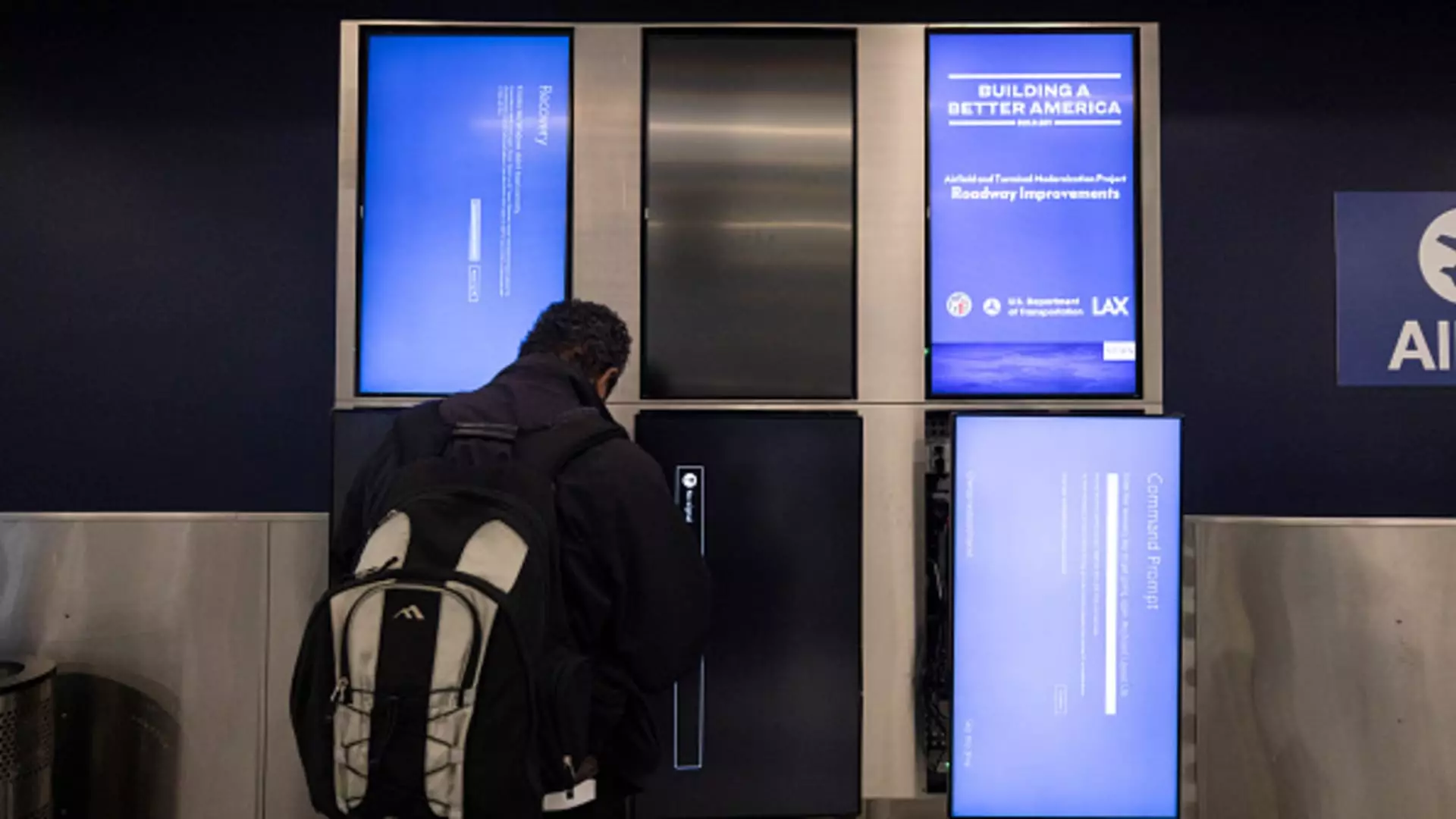In July, a faulty software update from CrowdStrike caused chaos in the cybersecurity industry. Millions of Windows computers crashed, leading to widespread disruptions. Airlines had to cancel thousands of flights, logistics companies faced delivery delays, and hospitals had to postpone medical appointments. The fallout from the outage cost Delta Air Lines $550 million, prompting them to seek damages from CrowdStrike and Microsoft.
Microsoft announced that it will host a conference on September 10 for cybersecurity firms to address the repercussions of the incident. The gathering will take place at Microsoft’s campus in Redmond, Washington. The focus of the conference will be on preventing similar issues in the future. One of the proposed solutions is to shift away from applications relying on kernel mode to user mode in Windows. Currently, software from companies like CrowdStrike, Check Point, and SentinelOne depends on kernel mode for operation. However, the switch to user mode could provide better isolation and prevent system-wide crashes.
Attendees at the September conference will also discuss the adoption of eBPF technology to ensure that programs can run without causing system crashes. Additionally, the use of memory-safe programming languages such as Rust will be explored. Microsoft has shown its support for Rust by donating $1 million to the Rust Foundation. These technologies and programming languages could play a crucial role in enhancing cybersecurity and preventing future software vulnerabilities.
Microsoft competes directly with CrowdStrike through its Defender for Endpoint product. Despite being a key player in the market, Microsoft has pledged that its team will not receive preferential treatment at the conference. The goal is to foster collaboration and exchange ideas among all cybersecurity companies present. Microsoft Corporate Vice President Aidan Marcuss expressed the company’s commitment to sharing updates following the event.
The impact of the faulty CrowdStrike update serves as a wake-up call for the cybersecurity industry. The conference hosted by Microsoft marks a significant step towards addressing the vulnerabilities exposed by the incident. By exploring alternative software configurations, adopting new technologies, and promoting collaboration, the industry can better prepare itself for future challenges. It is imperative for cybersecurity firms to learn from past mistakes and work together to build a more secure digital ecosystem.


Leave a Reply